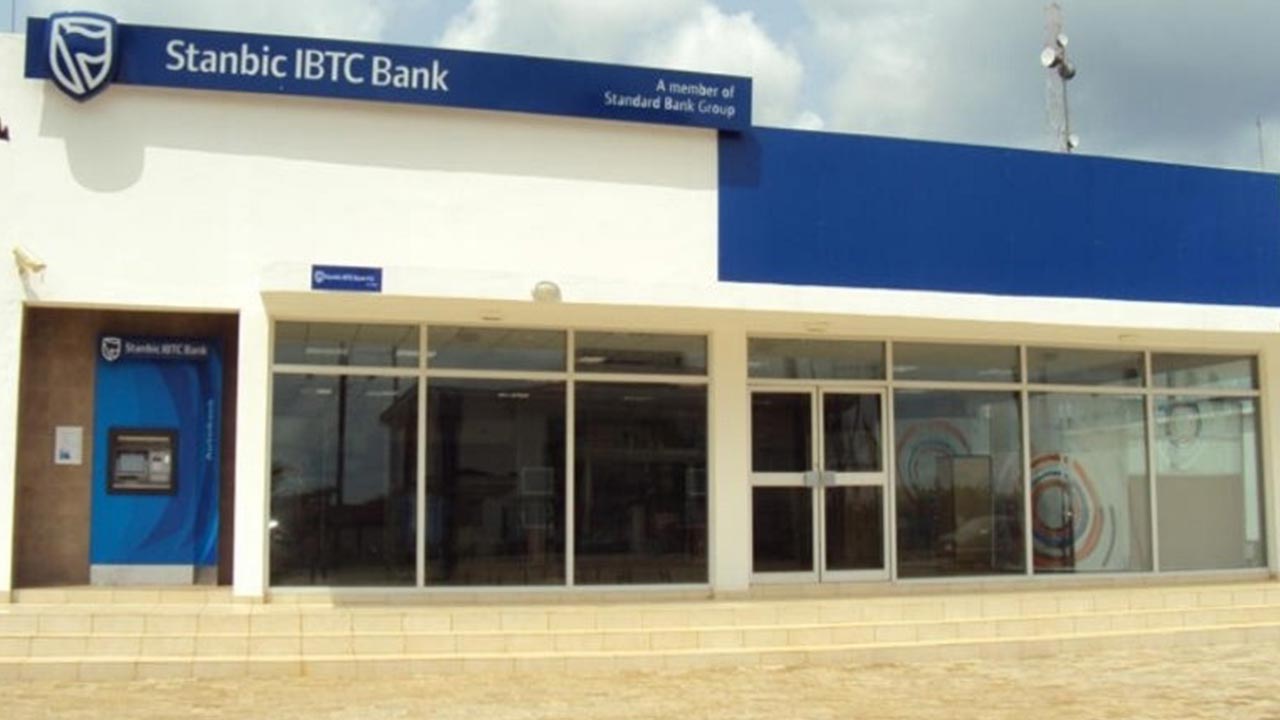With asset and capital base approximating N2 trillion and N500 billion respectively, Stanbic IBTC is celebrating its 30 years of operations in the country.
The company has grown from its early days of Investment Banking and Trust Company Limited (IBTC) as a merchant bank to become an end-to-end financial services provider in the country, with subsidiaries spread across several sectors of the economy.
A member of the Standard Bank Group that has been in operations for over 155 years, the bank is re-affirming its commitment to providing quality financial services to clients.
The subsidiaries include Stanbic IBTC Bank Plc, Stanbic IBTC Pension Managers Limited, Stanbic IBTC Stockbrokers Limited, Stanbic IBTC Asset Management Limited, Stanbic IBTC Capital and Stanbic IBTC Nominees.
The Chief Executive, Stanbic IBTC Holdings Plc, Yinka Sanni, said it is a cause of immense pride, celebrating the milestone with the Stanbic IBTC family, clients, partners, shareholders, and Nigerians who have believed and entrusted their financial needs all these years to the lender.
“We have come a long way since 1989 when the business was started in Lagos, to having a strong presence in the 36 states and Abuja and becoming part of a multinational concern and one of the top seven most capitalised companies on the Nigerian Stock Exchange.
“We are indeed very excited about our future prospects, the economic and environmental challenges notwithstanding, as we continue to work with our clients to provide relevant and top quality financial solutions aimed at enabling real growth for individuals and businesses,” Sanni said.
Following the introduction of universal banking and a regulatory requirement for financial institutions to have a N25 billion minimum capital base, IBTC merged with Chartered Bank Plc and Regent Bank Plc in 2005 to become IBTC Chartered Bank Plc, which effectively transformed it into a universal bank.
Two years later in 2007, IBTC Chartered Bank Plc merged with Stanbic Bank Nigeria Limited, the local subsidiary of Standard Bank of South Africa, to become Stanbic IBTC Bank Plc.
The reforms in the Nigerian financial system, which led to the review of the Universal Banking Policy of the CBN and the introduction of a holding company model, led to the adoption of a HoldCo structure by Stanbic IBTC in 2012 to retain its non-core banking businesses.
“We remain committed to operating to the highest level of corporate governance standards while delivering sustainable long term value to clients and other stakeholders through world-class innovative operations and our customer-centric approach,” Sanni added.











